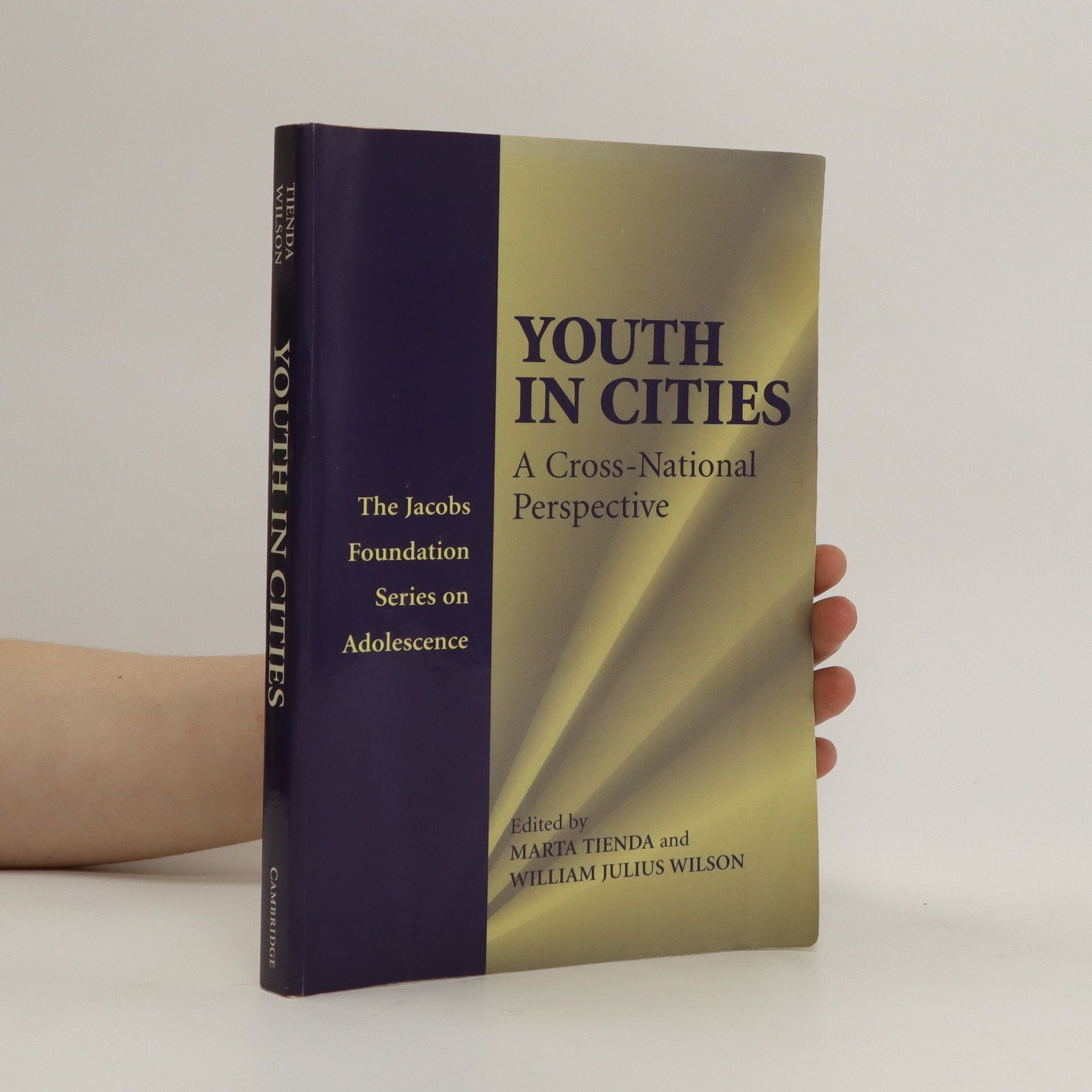Criminal Law
- 688pagine
- 25 ore di lettura
This textbook provides a substantial survey of criminal law, covering key topic areas as well as extensive analysis and evaluation
William Julius Wilson si afferma come figura di spicco e pioniere della sociologia afroamericana. Il suo lavoro esamina criticamente le lotte dei poveri afroamericani urbani, esplorando come l'interazione tra classe socioeconomica e barriere razziali ostacoli il progresso. Pur sottolineando l'importanza della classe, la sua ricerca ha acceso dibattiti sul suo potenziale di mettere in ombra l'impatto della razza e della discriminazione. Gli influenti scritti di Wilson hanno avuto ampia risonanza, ispirando persino importanti serie televisive, sottolineando la loro profonda rilevanza culturale.


This textbook provides a substantial survey of criminal law, covering key topic areas as well as extensive analysis and evaluation
There is growing awareness of the common difficulties experienced by poor young people who grow up in cities--crime and juvenile delinquency, limited access to education, the spread of infectious diseases, homelessness, and high rates of unprotected sex. They must contend with weak families and social institutions, poor labor market prospects, and for the most unfortunate, the ravages of gang war and the HIV/AIDS epidemic. Chapters in this volume present and assess comparative evidence on the well-being of urban youth and proven interventions for assuaging the deleterious effects of poverty.